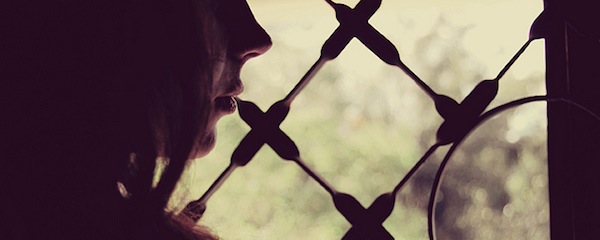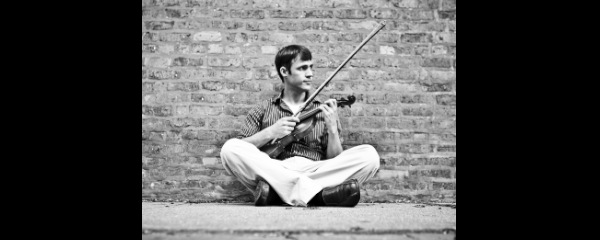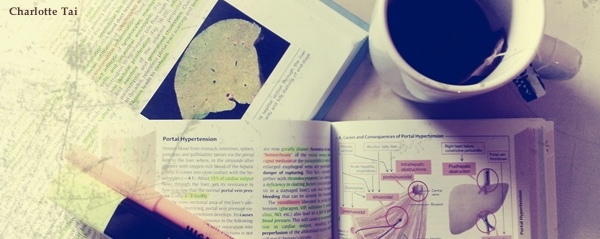LOUISE MURRAY explores Oscar Wilde’s fairy tales: ‘Look beneath the surface and simplicity of the narrative, and the reader will find concealed there a deep complexity which complements the ornateness of prose – a complexity of morality, of feeling and of soul.’
MORGAN OMOTOYE finds much to admire in ‘Murderers’ by Leonard Michaels: ‘Michaels has skilfully succeeded in making us understand the narrator’s wanderlust, his craven desire for motion, velocity, escape from the spectre of death, but he has also made us feel slightly uneasy…’
MIKE SMITH finds a pivotal turning point in Elizabeth Bowen’s Collected Stories: ‘I’m struck by a sense of Bowen’s trajectory being on a downward curve. Individual stories are strong, but the sense of an ending coming is stronger…’
MIKE SMITH learns much from Elizabeth Bowen’s collected works on the art of beginning a short story: ‘The beginnings of stories, and not only short stories, was the first facet of fiction that I began to consciously study, rather than merely notice…’
STEPHEN DEVEREUX finds hints of Tennessee Williams’ personal life in his story ‘The Resemblance between a Violin Case and a Coffin’: ‘This close brother and sister relationship has been frequently re-enacted in Williams’ plays and has provided a rich pasture for psychoanalytical critics to graze…’
In this essay, EVAN GUILFORD-BLAKE finds that Carver’s stories are ‘populated by seemingly uncomplicated people, but they are people who are damaged or empty; vessels, which Carver’s carefully controlled compassion gives us reasons to want to fix and fill…’
JACK TILLEY discusses his experience of reading Carver: Collected Stories from The Library of America: ‘It went something like this: ‘Fat’, ‘Neighbors’, ‘The Idea’, ‘They’re Not Your Husband’. Then I couldn’t take any more. After four days I couldn’t read another story…’






